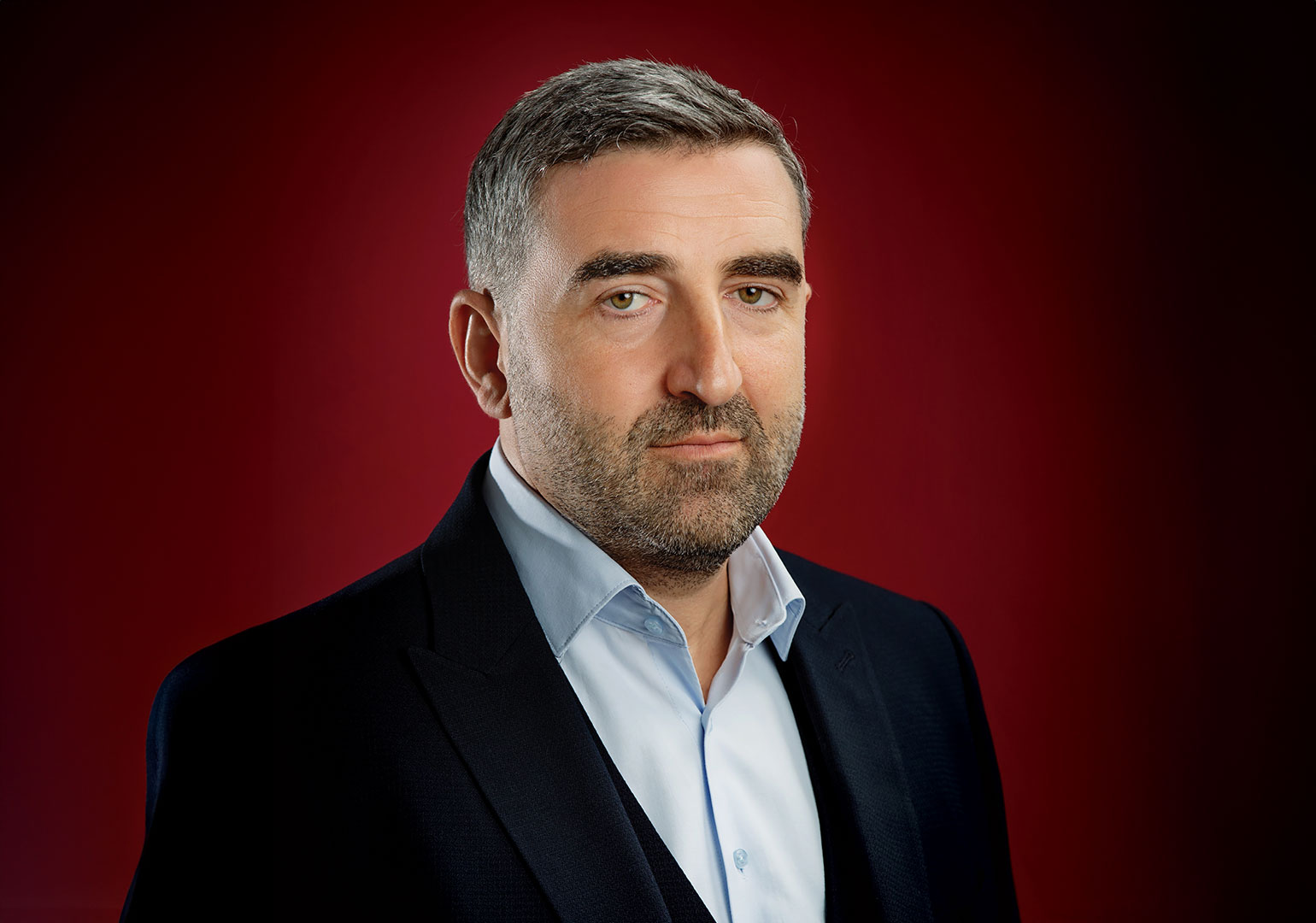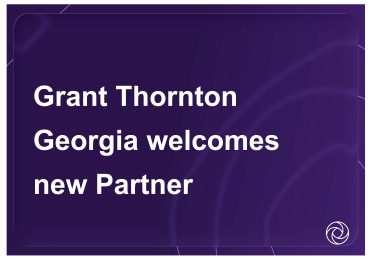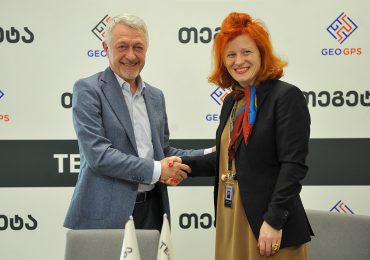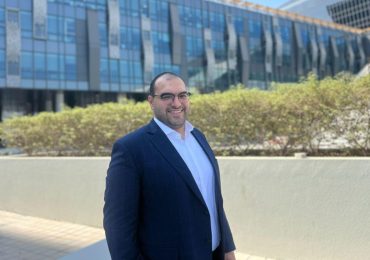Under the leadership of CEO Beka Gurgenidze, ERTI has revolutionized Georgia’s construction industry by introducing advanced sheet piling technology. With over 100 projects completed, the company is driving a significant shift toward eco-friendly and cost-effective construction solutions, transforming the landscape of the country’s infrastructure. Forbes Georgia sat down with Beka to delve deeper into his journey, ERTI’s contributions to Georgia’s construction sector, and his vision for the future.
Beka, your entrepreneurial journey began at a young age. How did those early experiences shape your approach to business?
The collapse of the Soviet Union created new trade opportunities in Georgia, and I was involved at just 11 years old, starting with small appliances and expanding from there. I began by trading appliances like fancy calculators and video cameras, which were new and exciting in the post-Soviet market. This early exposure to business taught me invaluable lessons about market needs and opportunities. I quickly learned how to identify untapped markets and respond to consumer demands. The thrill of introducing new products and receiving immediate feedback from the market fueled my entrepreneurial spirit and shaped my approach to business. This early start gave me a keen sense of market trends and consumer behavior, which has been instrumental in my later ventures.
How did your experience in engineering and construction influence your career path, and what sparked the beginning of this journey?
My career in engineering and construction began when my family relocated to Tbilisi due to my father’s political activism. Initially, I worked as a construction worker on railway projects. This experience gave me a strong understanding of the construction industry from the ground up.
At the same time, I graduated from a technical university, gaining valuable knowledge about construction technologies. I started from the bottom and gradually advanced to a managerial position. By age 22, I led a team of 500 people, marking a significant turning point in my career. This hands-on experience was invaluable and laid the groundwork for my future career. Despite my growing expertise in engineering, my entrepreneurial spirit remained unchanged.
After gaining practical experience, I pursued business administration studies in Ukraine. My time abroad was eye-opening. I was exposed to advanced construction technologies and management practices that are not yet prevalent in Georgia. This international exposure allowed me to see the potential for integrating these innovations into the Georgian market. The combination of hands-on experience, formal education, and exposure to global best practices equipped me with the skills needed to drive change in Georgia’s construction industry.
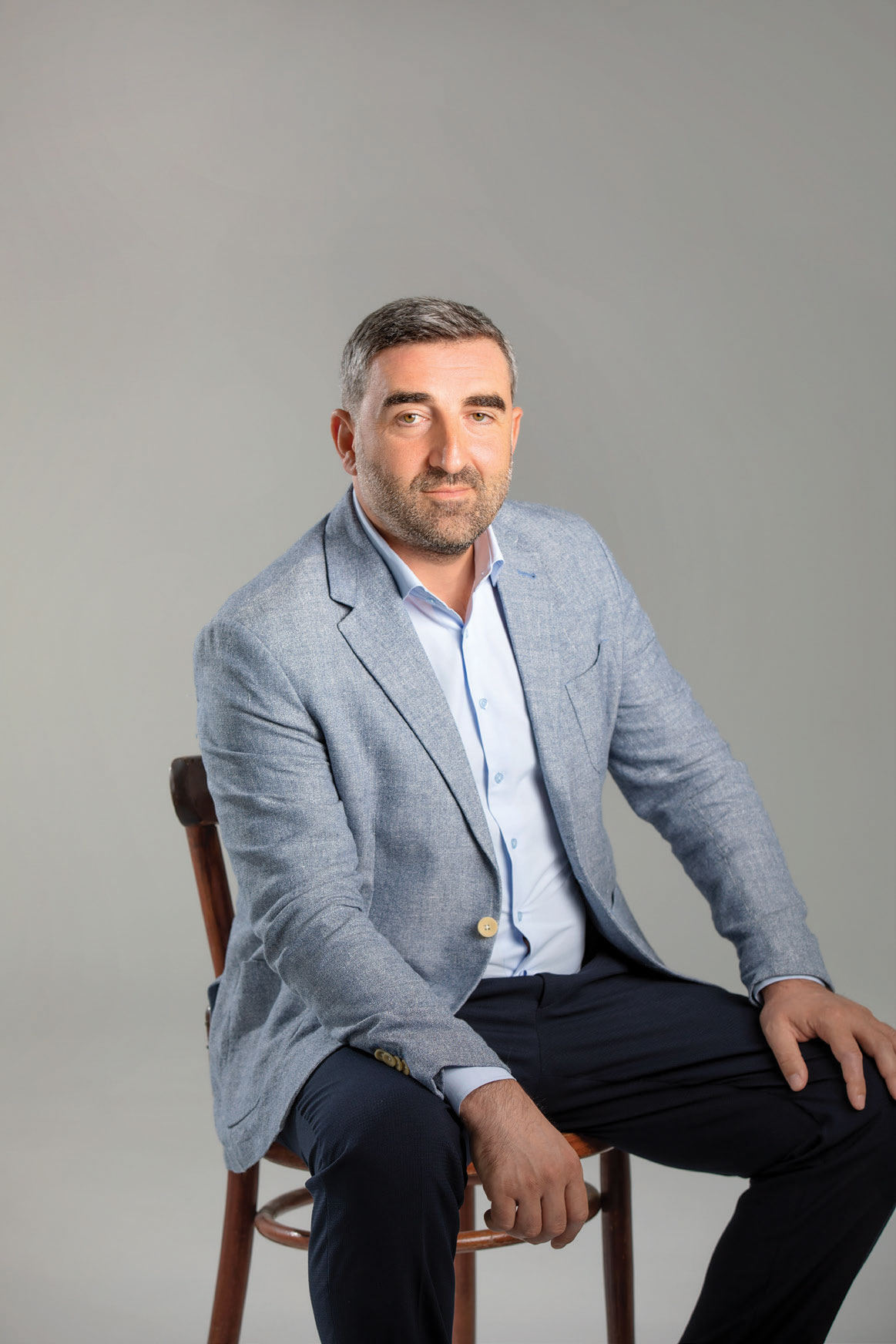
Your decision to pursue further studies abroad and work in the construction field in Ukraine was a significant turning point in your career. How did these experiences influence your approach when you returned to Georgia?
While working in the construction sector in Ukraine, I encountered a range of innovative technologies and learned about their applications in various construction projects. This experience was transformative, revealing the potential for introducing these advanced solutions to Georgia.
One notable aspect was discovering German and Japanese technologies at international exhibitions. These technologies, including cutting-edge machinery and construction methods, were unknown in our market at the time. I saw a unique opportunity to bring these innovations to Georgia, addressing the limitations of existing practices. The challenges I faced during this period helped me develop resilience and a strong work ethic. These experiences were instrumental in shaping my approach to integrating advanced technologies and driving industry advancements in Georgia.
ERTI introduced sheet piling technology to Georgia. Can you explain the significance of this innovation and its impact on the construction sector?
Sheet piling technology represents a significant advancement in construction practices. It offers several advantages over traditional concrete methods, including faster construction times, reduced costs, and improved environmental sustainability. In countries like the Netherlands and Japan, where sheet piling is widely used, it has proven effective for various applications, such as bridge construction, underground parking, and railway infrastructure.
Before ERTI introduced sheet piling to Georgia, this technology was virtually unknown in the country. The introduction of sheet piling has revolutionized how construction projects are executed. By adopting this technology, we have completed projects in a fraction of the time required by conventional methods. On average, our projects have seen cost reductions of at least 30%, which is particularly significant for large-scale developments.
Steel sheet piles are highly regarded for their strength, durability, and versatility. They are used to construct retaining walls, cofferdams, and other structures designed to hold back soil or water. Compared to traditional concrete methods, sheet piling offers substantial benefits. It is less noisy, more environmentally friendly, and versatile enough for a wide range of applications, from urban centers to sensitive environmental sites. The impact of sheet piling technology in Georgia has been profound, aligning with modern, eco-friendly practices and dramatically improving project efficiency.
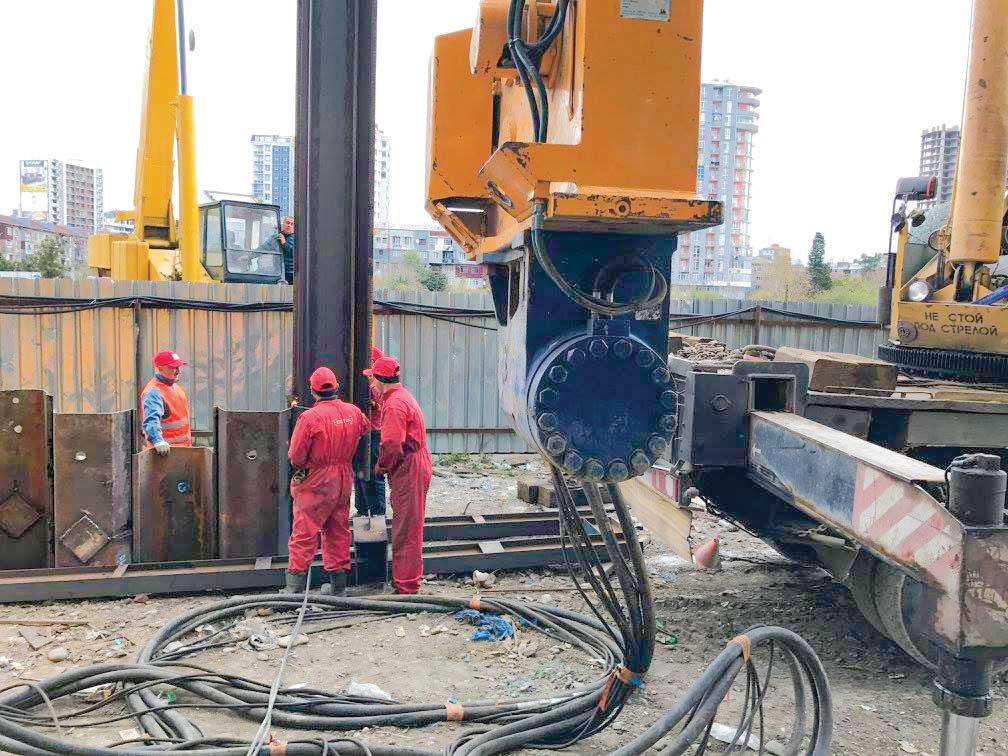
One of the principal environmental advantages of steel sheet piling is its recyclability. How exactly does sheet piling save time and cut costs compared to traditional construction methods?
Sheet piling technology stands out for its exceptional efficiency in both time and cost savings. Traditional construction methods, such as concrete, can be time-consuming and expensive. In contrast, sheet piling allows us to achieve the same results in a fraction of the time. For instance, what might take three months to complete with concrete can be accomplished in just one month using sheet piling.
The time efficiency of sheet piling is a significant factor in its appeal. Faster project completion means reduced labor costs and quicker turnaround times, which are essential for large-scale developments. This cost efficiency, combined with the speed of construction, makes sheet piling an attractive alternative for many projects.
Initially, we faced the challenge of spreading awareness about this technology. Introducing a new method to a market accustomed to traditional practices required us to demonstrate the tangible benefits of sheet piling. We organized seminars and brought in foreign partners to showcase the advantages of this technology. Over time, successful projects and positive results helped build our reputation, and many engineers now actively seek out our expertise in sheet piling technology.
You mentioned the challenge of spreading awareness about this new technology. What specific difficulties did you encounter?
One of the primary difficulties we faced was overcoming the initial skepticism of local engineers and construction companies. Many were hesitant to adopt a new technology that deviated from traditional practices. Convincing experienced professionals to embrace sheet piling required demonstrating its tangible benefits, such as cost savings and faster construction times.
We encountered resistance from those who were used to traditional methods and were wary of adopting unfamiliar technologies. To address this, we focused on providing concrete examples of the advantages of sheet piling. For instance, our technology resulted in significant cost savings of approximately one million dollars during the City Mall project. Success stories like this were key in shifting perceptions and convincing skeptics of the value of sheet piling. Over time, our track record of successful projects has helped us build a significant amount of trust.
Over the years, ERTI has been involved in numerous high-profile projects. Can you highlight a few of the most impactful ones?
One of the most noteworthy projects was the development of Tsalka Canyon. We began work on this project in December 2019, and despite the pandemic’s disruptions, we persevered. This project posed significant challenges due to its remote location and rugged terrain. We established our own concrete plant and quarrying operations on-site to overcome these obstacles. This approach allowed us to complete the project successfully, showcasing our ability to adapt and solve complex problems. The success of the Tsalka Canyon project demonstrated the effectiveness of our approach and our commitment to overcoming challenges.
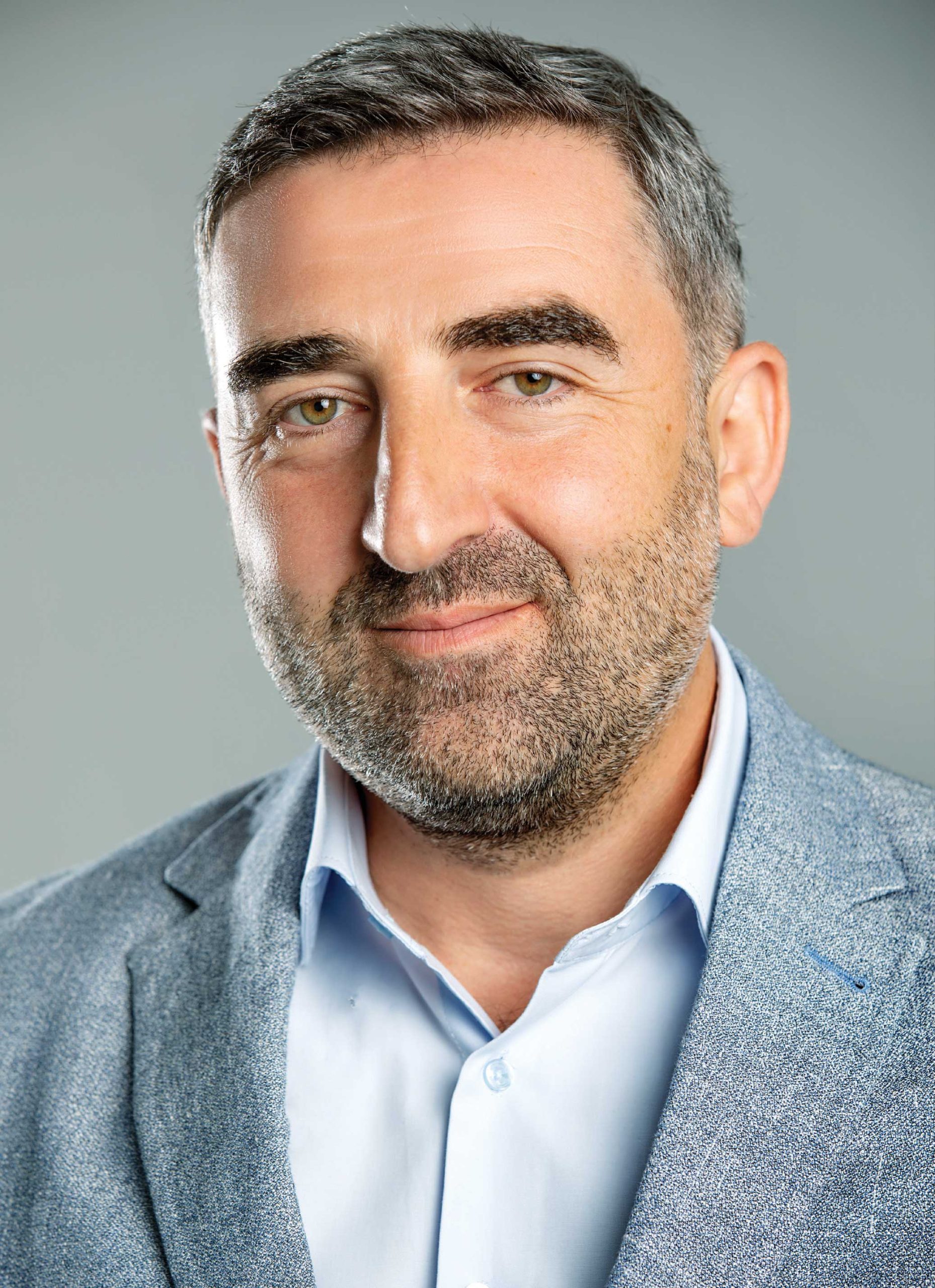
Another significant project was the construction of City Mall. This project highlighted the advantages of sheet piling technology in maintaining structural integrity while minimizing disruptions to the surrounding area. Our use of sheet piling technology played a fundamental role in ensuring the project’s success, underscoring its efficiency and cost-effectiveness in urban settings.
In the early years of our operation, we saw tremendous growth. We completed seven projects in our first year and expanded to 15-18 projects in the second year. Today, we have completed over 100 projects across Georgia, bringing our technology to nearly every region of the country. Witnessing our progress has been incredibly fulfilling, especially on large-scale, complex projects where daily advancements are easy to see.
Our portfolio also includes significant projects in major locations like the ports of Batumi and Poti and scaling projects such as Cityzen on University Street. All our early partners remain valued collaborators, and we continue to work with almost all the major construction companies in Georgia. Several exciting projects are in the pipeline, reflecting our ongoing commitment to innovation and excellence.
What do you believe has been the key to ERTI’s success?
Innovation and hard work have been fundamental to our success. However, the strong relationships we have built with partners, clients, and our team are equally important. Success in this industry relies on stability, trust, and a consistent track record of delivering reliable solutions. Building and maintaining a solid team is critical to our success. Our focus on fostering strong relationships and delivering exceptional results has been vital to our achievements.
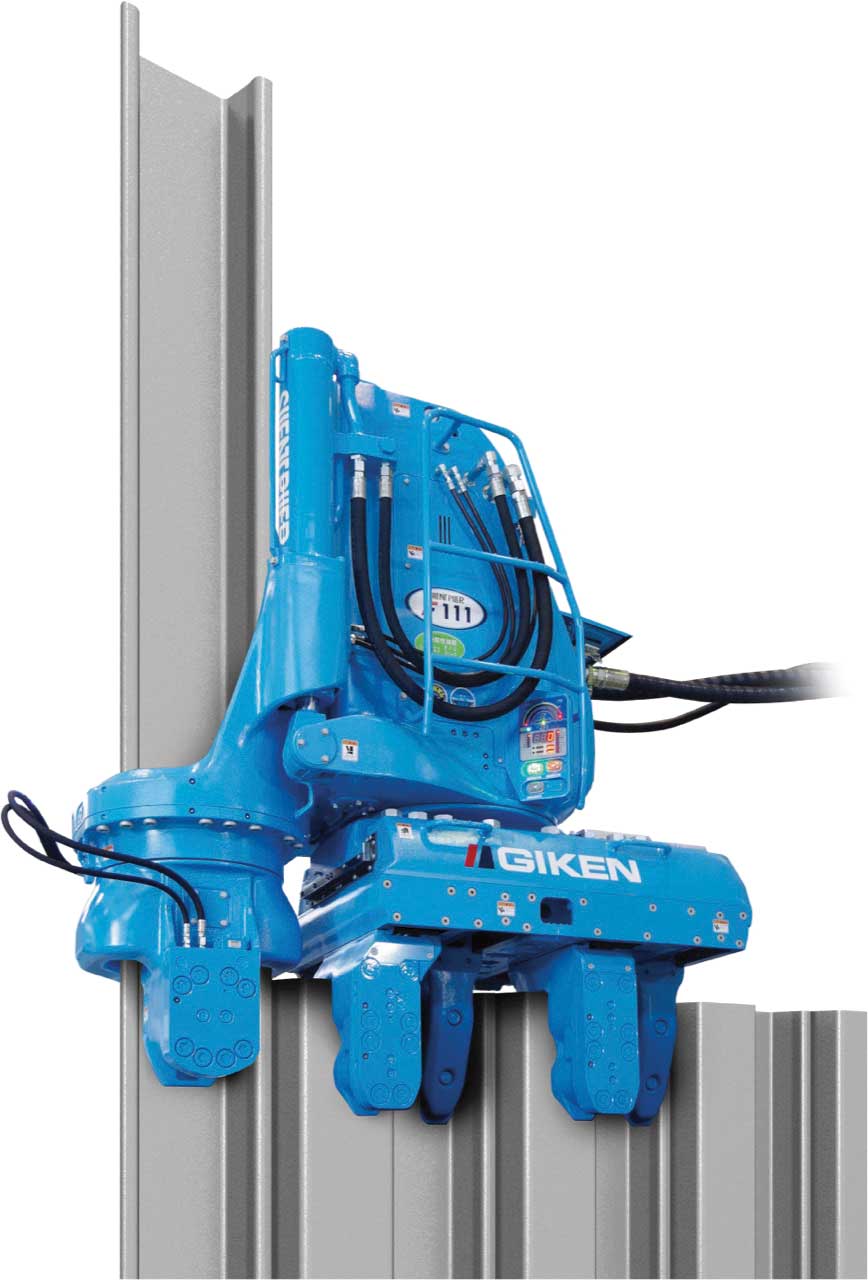
How many employees does ERTI currently have, and what guiding principles influence your management style at ERTI?
Our core team at the company is stable, consisting of around 50 people. However, the total number of employees often fluctuates depending on the projects we are undertaking. At times, we have had as many as 500 to 600 people working for us. I place a high value on maintaining direct communication with my employees. Everyone is welcome to approach me at any time to discuss anything. Having a cohesive team is beneficial for the company and personally rewarding for me. When you spend so much time at work, it is important to enjoy interacting with your colleagues.
What’s next for ERTI? Are there specific challenges you are looking to address?
Looking ahead, one area of focus is tackling complex challenges such as landslide prevention with innovative Japanese machinery — from the same company that produces the machinery for silent piling. Although this equipment is expensive, it is crucial for ensuring safety and saving lives, and I believe the investment is justified. Purchasing this equipment seems out of reach for now, but I am confident the time will come soon.
In addition to exploring new technologies, I am working on developing training programs and industry guidelines to share my knowledge and help others avoid common pitfalls. ERTI’s goal is to continue delivering exceptional value to our customers and to positively influence the future of construction in Georgia and beyond. By focusing on innovation and collaboration, we aim to address the evolving needs of the industry and drive further progress in construction practices.
S

